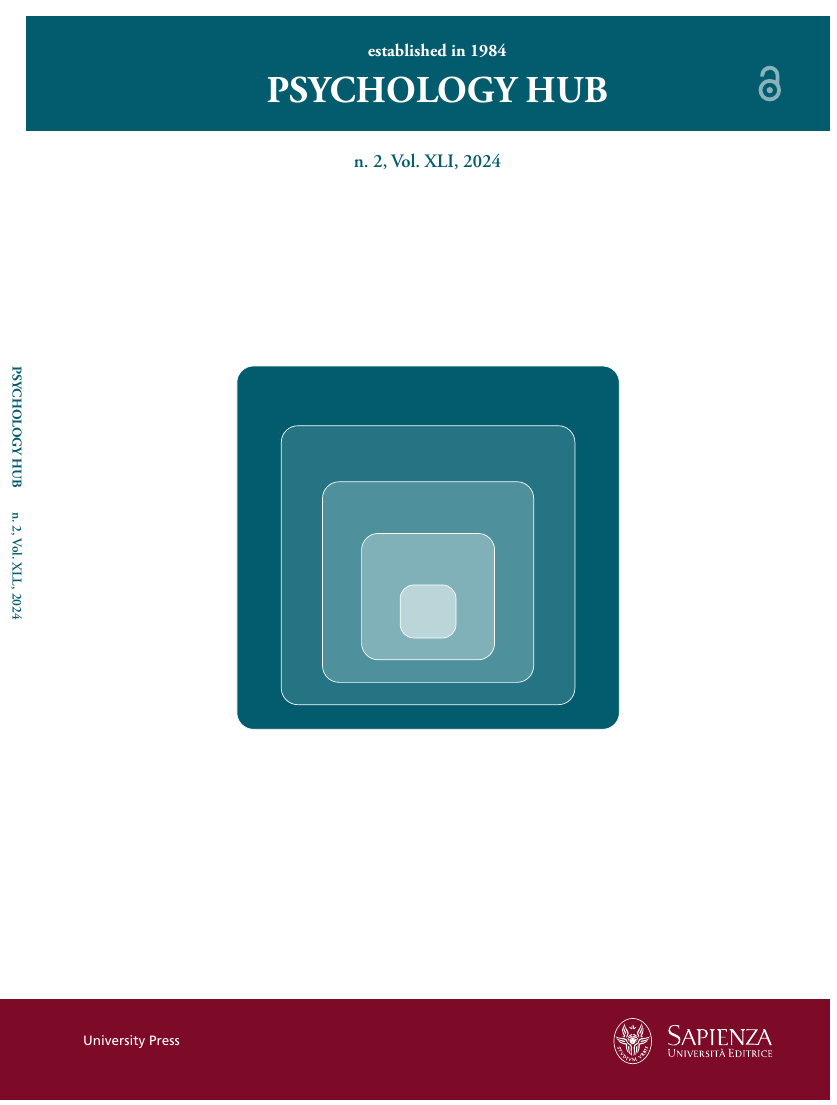Psychosocial Support and Well-being of Adolescents: The Mediating Role of Self-Efficacy
DOI:
https://doi.org/10.13133/2724-2943/18229Keywords:
adolescence, social support, self-efficacy, well-beingAbstract
Adolescent well-being emerges from a confluence of factors, encompassing social support from family, peers, and educators, a safe and supportive environment, and a strong sense of self-belief. This study investigates the mediating influence of self-efficacy in the association between adolescents' perceived psychosocial support and their well-being. Students aged 13 to 19 from different schools and colleges in Southern India, participated in the study (n= 229, Boys= 46.29%, Girls= 53.71%). Self-report scales, viz. The Psychosocial Support Scale (PSYCHOSS-22), the Indian Scale of Adolescent Well-being (ISAW), and the General Self-Efficacy Scale (GSE) were used to assess the study variables. The data were analysed using Pearson’s product-moment correlation coefficient and structural equation modelling. The study's findings revealed positive and significant correlations between psychosocial support, self-efficacy, and the well-being of participants. Self-efficacy partially mediated the relationship between psychosocial support and well-being, which suggests that adolescents' belief in themselves develops as a result of the psychological and tangible support they receive from their surroundings, contributing to enhanced well-being. Furthermore, self-efficacy facilitates adolescents' perception and pursuit of psychosocial support, highlighting the importance of recognizing and utilizing available social support for their psychological well-being. The findings underscore the importance of endorsing strategies aimed at bolstering adolescents' self-efficacy during their formative years.
Additional Files
Published
How to Cite
Issue
Section
License
Copyright (c) 2024 Psychology Hub

This work is licensed under a Creative Commons Attribution-NonCommercial-ShareAlike 4.0 International License.





